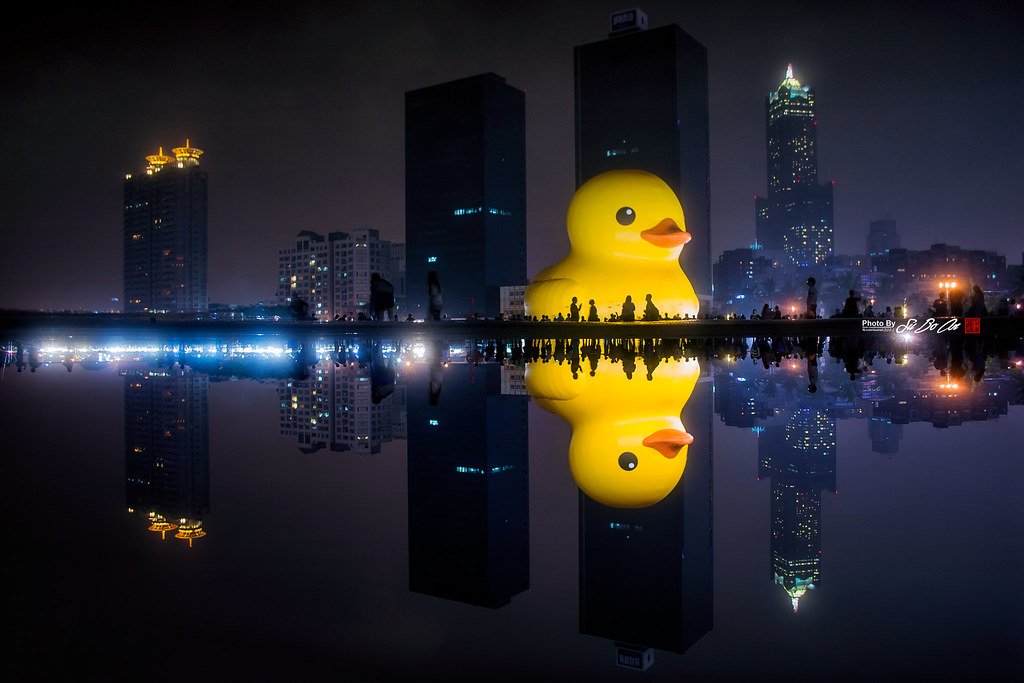Former Taiwanese President Ma Ying-jeou has taken a stand against the ruling Democratic Progressive Party (DPP) government’s perceived efforts to promote independence for Taiwan. In a bold move, he has vowed to boycott the Double Tenth public holiday, a significant event in Taiwan’s history. Furthermore, Ma has called on voters to unseat the DPP government in the upcoming presidential election scheduled for January, all while accusing the party of violating the Taiwanese constitution.
Double Tenth, celebrated annually on October 10th, marks the commencement of the 1911 revolution that brought an end to the Qing dynasty and led to the establishment of the Republic of China (ROC). This historic event has been observed in Taiwan ever since the Kuomintang, also known as the Nationalists, retreated to the island following their defeat by the Communists in the Chinese civil war in 1949.
Ma’s decision to boycott the Double Tenth holiday stemmed from the DPP government’s contentious choice of logo and slogan for the event. The logo featured two Chinese characters for the number 10, accompanied by a slogan in Chinese: “Democratic Taiwan, resilience and sustainability.” However, it was the phrase “2023 Taiwan National Day” written in English with no reference to the Republic of China that drew the ire of former KMT chairman Ma and the island’s pro-Beijing faction.
Ma, in a strongly worded statement released by his office, questioned the alteration of their official title, saying, “Since when has our official title been changed from the ‘Republic of China’ to ‘Taiwan’?” He went on to accuse President Tsai Ing-wen’s government of deliberately changing the island’s name and transforming the “ROC national day” into “Taiwan national day.” He firmly asserted that this shift was an unequivocal step towards “Taiwan independence.”
It is important to note that Beijing considers Taiwan its territory and is determined to regain control over it, even if it means resorting to force. The Chinese government insists that there is only one China and views any use of the official name “Taiwan” rather than “the Republic of China” as a provocative act. Most countries, including the United States, do not formally recognize Taiwan as an independent nation but are opposed to any unilateral change in the cross-strait status quo through the use of force.
Ma expressed deep disappointment in President Tsai’s decision to use the term “Taiwan National Day” for the final celebration of the holiday during her presidency. He accused her of attempting to “sneak in Taiwan independence,” which he believed could harm the island and its people.
This controversy surrounding the holiday logo and slogan was not new. The DPP government had first introduced the controversial English slogan in 2021, despite facing sharp criticism from the KMT, which now serves as the main opposition party, and protests from Beijing. Ma revealed that he had implored the event organizers to cease using the term last year, but his plea fell on deaf ears. This year, the organizers persisted in their approach, prompting Ma to take his decisive action.
Former President Ma, who had attended the celebration events in the past two years, stated that continuing to do so this year would be equivalent to endorsing what he perceived as a circuitous and covert path toward “Taiwan independence.”
In response to Ma’s decision to boycott the event, Taiwanese Premier Chen Chien-jen, a member of the DPP, expressed bewilderment. He noted that Ma had attended in recent years when the controversial phrase had also been used, and he could not understand why Ma had suddenly chosen to decline this year.
However, Ma remained steadfast in his resolve. He emphasized that, in his 40-plus years, he had never missed the Double Tenth event. Yet, this time, he could not “sit idly by while the DPP government jeopardizes Taiwan’s security and harms the ROC.” With a heavy heart, he announced his refusal to attend the October 10th National Day celebration this year.
Ma’s determination extended beyond the boycott. He called on his supporters to exercise their voting power in the upcoming January presidential election to remove the government that he believed was violating the ROC constitution and disregarding the safety of Taiwan’s people.
New Taipei City mayor Hou Yu-ih, who also serves as the KMT presidential candidate, echoed Ma’s sentiments by advocating for a transfer of power to enable the “return of the celebration of the ROC national day” in October next year. Hou urged voters to take note of the separatist leanings of his main opponent, Taiwanese Vice-President William Lai Ching-te, the DPP’s presidential front-runner. Lai had previously referred to himself as a “pragmatic Taiwan independence worker.”
In August, Lai clarified in an interview with Bloomberg that he had no plans to declare a formal split with the mainland, nor did he possess a roadmap for doing so because he believed “Taiwan is already a sovereign, independent country.” Lai’s campaign office emphasized that Vice-President Lai had consistently worked to safeguard “the ROC Taiwan” right from the beginning and placed blame on Hou for recognizing Beijing’s one-China principle, thereby allegedly undermining the ROC.
Since 2016, when President Tsai assumed office and refused to accept the one-China principle, Beijing has escalated pressure on Taiwan by suspending diplomatic talks, conducting live-fire drills, and courting Taiwan’s diplomatic allies. The issue of Taiwan’s status remains a contentious and sensitive matter in international relations.
Read More:
